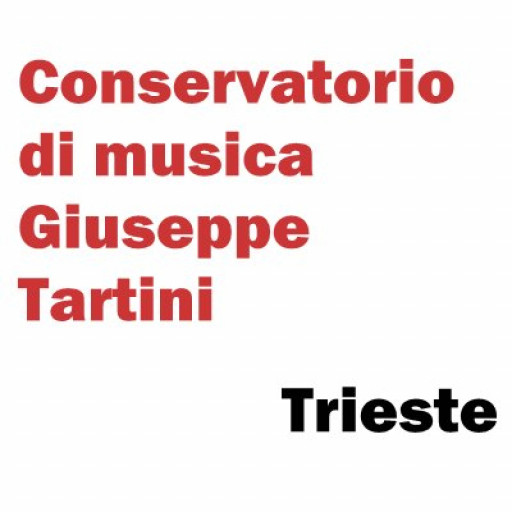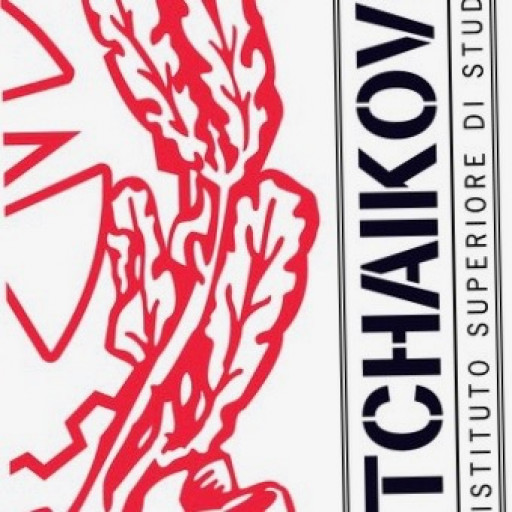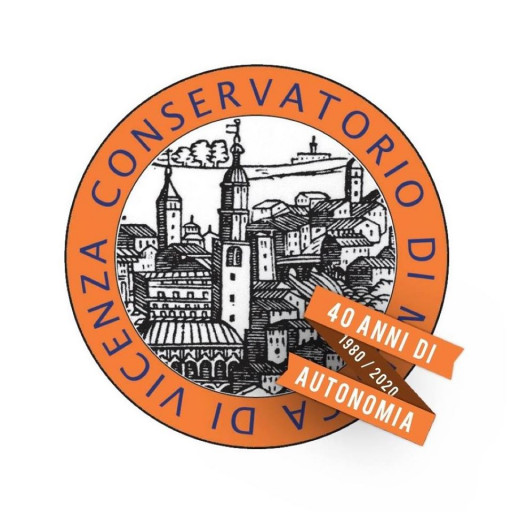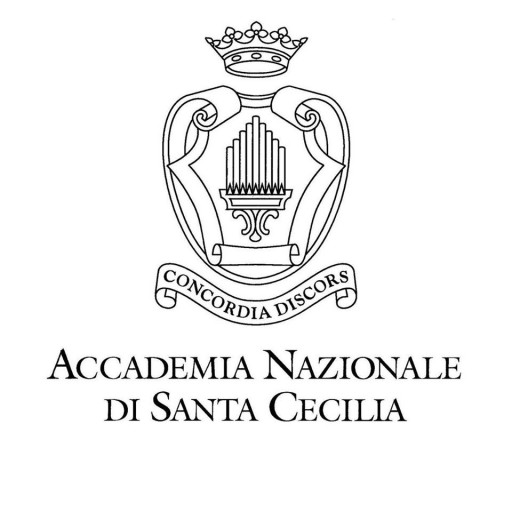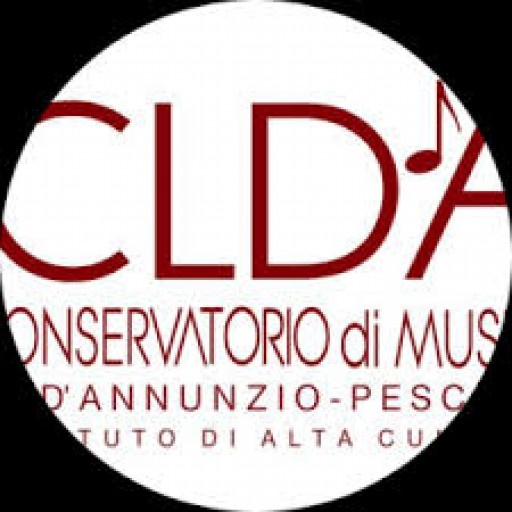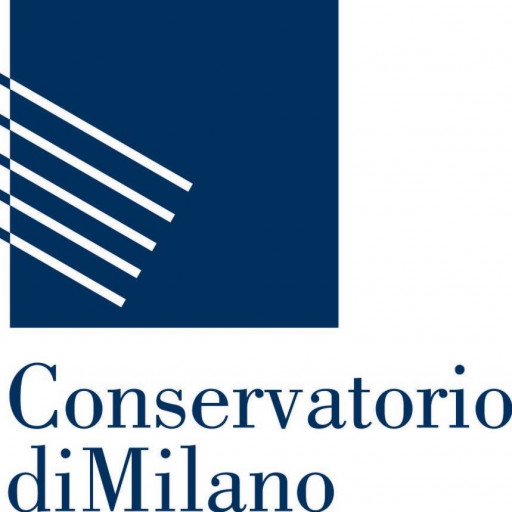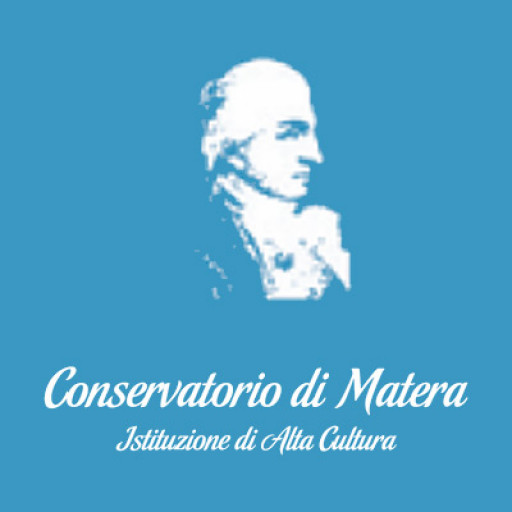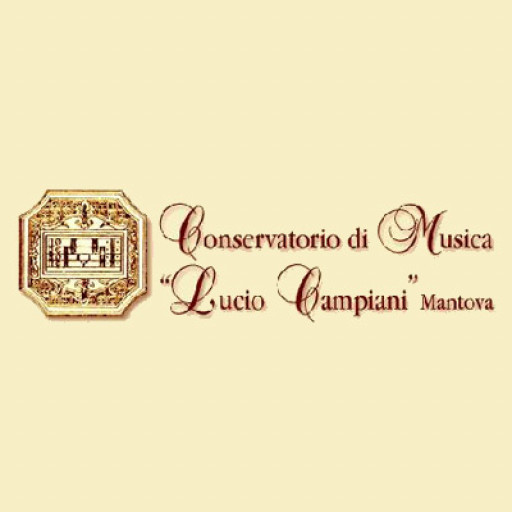Advertisement
This programme of Music MA pathways gives you the chance to engage with a wide range of musical repertoires including Western art and popular musics, world musics, contemporary music and electronic music.
We encourage you to develop both critical and creative approaches to musical practice and study. You will have the opportunity to consider current issues and debates in contemporary musicology. You will also explore the complex interrelationships between music and other subjects, and between theory and creative practice, while being trained in fundamental research skills which you may also use in later doctoral study.
The Music MA programme aims to help you understand and evaluate the traditions and trajectories of music studies as a discipline, and appreciate how our own perceptions and values are shaped by wide range of contextual, historical and aesthetic influences.
Career Prospects Music MA alumni have gone on to teach, compose and perform music in a wide variety of settings, and are also employed in music publishing, broadcasting, music management, arts administration, music retailing and further musical study at MPhil or PhD level.
City University London is currently ranked 10th in the UK for employment prospects (Times Good University Guide 2011) and highest starting salaries (Sunday Times University Guide 2011).
Four pathways
Music MA: offers you a range of options to suit your particular interests, and allows you to focus on a substantial piece of written research in an area of specific individual interest. The pathway gives you exceptional training in research skills and introduces you to the latest critical thinking in music studies and musicology.
Ethnomusicology MA: introduces you to new ways of thinking about music in its cultural contexts, with a particular focus on urban ethnomusicology. You will learn fundamental ethnographic research skills, while also engaging with different representations of musical knowledge, through ethnographic film, sound recordings, and musical performance.
Composing for Moving Images MA: develops your ability to compose notated and/or digital music in relation to moving images, employing a wide range of technical procedures relevant to contemporary composition. You will have the chance to work with performers and/or other collaborators in creating music.
Performance MA: develops your abilities as a performer, informed by an understanding of style, genre, context and interpretation, as well as historical and theoretical issues relevant to your specialised repertoire. You will receive conservatoire-level tuition from the Guildhall School of Music and Drama.
Course Structure You take two core modules, two elective modules, and also produce a dissertation, composition portfolio or major performance. Modules by pathway are listed below, please scroll down to see short module descriptions.
Core modules Researching music in contemporary culture
Music MA, Ethnomusicology MA
This module will give you both a practical and theoretical introduction to research methods underpinning the study of music in contemporary culture. You will cover issues including:
* the role of information technology, and particularly the internet, in modern musical research
* interview techniques and technologies for both ethnographic and oral history purposes
* textual representation in relation to ethnography, life writing and musical sound
* the study of music in performance
* research ethics.
Critical reading in musicology
Music MA, Performance MA
In this module we introduce you to significant issues in modern musical thought and scholarship. You will engage directly with key texts covering topics in musicological methodology, aesthetics, historiography and criticism through seminar discussion groups. Having been encouraged to develop as critical readers and thinkers, you should subsequently possess the methodological and bibliographic tools to evaluate sources of musical knowledge.
Urban ethnomusicology
Ethnomusicology MA
In this module, you will examine the relationship between music and urban space, focusing on London as a multi-cultural, 'global' city. Topics include:
* music and/of the city
* music and urban geography, music and place
* musical mapping
* representation, orientalism and (economic) power
You will focus on globalisation and the impact of global processes on local musical practices, including:
* the 'world music' industry
* music and identity, bith in relation to London's diaspora communities and changing notions of 'Britishness'
* migrating musics
* adopted musical traditions; world music in education
* music institutions in the global city
Performance strategies
Performance MA
This module gives you a wide-ranging grounding in theoretical models and conceptions concerning performance, and their possible implications for active performance. You will read, listen to performances and recordings, and yourself attempt applications of various possibilities, in order to appreciate the breadth of possibilities available to you and others as performers. You will become familiar with some of the central issues concerning both historically- and analytically-informed performance, as well as philosophical and other theoretical work, and be able to grasp how you can learn from and apply some of this body of work, and reflect upon and critique it as a result of their own performing experiences.
Studio/composition techniques
Composing for Moving Images MA
This module introduces you to a series of compositional techniques within the studio environment including: picture synchronisation, MIDI sequencing, use of sample libraries and synthesis, audio recording, mixing and mastering. You will consider compositional issues and problems through a series of practical tasks.
Live projects
Composing for Moving Images MA
Using both live and electronic resources, you will create soundtracks for audio-visual projects. You will engage your creative imagination and discover new approaches to music/image synergy and will learn to generate fluent, coherent and imaginative soundtracks that are dramatically, structurally and gesturally appropriate. This module is organised into a series of demonstrations, workshops, and recording sessions. You work with the digital audio workstation and live ensembles in order to create mock-ups and completed pieces.
Elective modules Popular music and society
Available on all MA pathways
This module examines aspects of popular music in relation to the societies in which, and for which, it was created, as well as probing social responses to popular music. You will investigate the many complex relationships between popular music and society and the ways in which the two are inextricably linked, departing from the premise that understanding the social context is an integral part of understanding the phenomenon of popular music. Possible topics explored in the course of the module include popular music and gender, sexuality, globalization, race, politics, culture, reception, and censorship, drawing on genres such as progressive rock, punk rock, heavy metal, and shock rock and on case studies including Michael Jackson, Abba, Marilyn Manson, and Graceland.
Music on film
Available on all MA pathways
In this module you will explore the role of music in audiovisual texts from a variety of historical, theoretical and cultural perspectives. You will discuss the function of music in a multimedia context will be discussed and students will be introduced to basic analytical techniques which can be used to interpret the role of music in films. Topics may include silent film, the transition to early sound film, Hollywood's 'golden age', the use of pre-existing music in film, and issues of representation in European and 'world' cinema.
Music aesthetics
Available on all MA pathways
What is a musical work? What kind of relationships does music build between composers, performers and listeners? What makes a piece of music good or beautiful? This module examines the concepts, theories and systems devised or deployed to resolve these questions. You will examine critically the ideas of philosophers, psychoanalysts and poets, as well as music theorists, practitioners and critics from the ancient Greeks to the present day, and will consider how they might usefully be applied in the study and practice of music today. A number of seminars will be devoted to the controversial question of music's relationship with political and economic agendas that has come to preoccupy musical aesthetics of the last 100 years.
Film making
Ethnomusicology MA, Composing for Moving Images MA
This practical module is designed to give you an introduction to the art and technique of camera, sound and editing. Using camera equipment and editing software you will learn the range of techniques used in film production. The aim of the module is to give you a working knowledge of film grammar and established industry practices as well as providing the basic skills for those who wish to generate their own ethnographic film projects.
Performance as research
Ethnomusicology MA, Performance MA
Designed for students with a variety of performance interests - both ethnomusicological and historical - this features a combination of lectures, seminars and private study. You will first learn theoretical and methodological bases for studying music as process as well as product. You will then engage with the study of 'performing practice' - the bodies of knowledge and behaviour frequently consigned to oral and aural transmission that are integral to acts musical performance - in a variety of historical and cultural circumstances. At the same time, you will receive 5 hours of individual instruction in your chosen area of Western or non-Western musical performance. The module's different strands will converge during the final weeks in student seminar presentations and performances.
Post-colonial agendas
Available on all MA pathways
This module reflects on the institutional management of culture and the arts, and asks how notions of the Other - the unknown, the inscrutable and indecipherable - affect policy, management and criticism. In the modern world it is possible to identify the persistent labelling and questioning of the 'Other', and identity and difference, as major foci of address. Repressed histories of race, gender and class, and encounters with the non-Western world in general, present some of the most important challenges to the management and policies of cultural organisations at both local and governmental levels. Globalisation and migration constitute social and political issues that impact upon notions of art and culture, their management and policy.
Digital cultures
Available on all MA pathways
Digital media are fundamentally rewriting the relationship between cultural institutions and their users. Notions of producer and consumer, authorship and authenticity are being re-evaluated and explored in ways that are creative, experimental and infinite. This not only opens up new avenues of opportunity for audience development, but simultaneously calls into question the many practices of cultural consumption. In this module you will explore the claims being made for so-called 'new' media in culture, developing an understanding of the context within which 'new' technologies have become so prevalent within society, and who or what is driving their use and development. You will critically examine the ways in which cultural institutions are investing in new media, and you will engage with a variety of examples of practice in ways which are critical and creative.
Culture and regeneration planning
Available on all MA pathways
This module explores the historic roots of cultural planning and examines current UK urban and cultural policy focusing on examples of implementation at national, regional and local levels. This module enables you to explore current trends in urban development and to analyse and discuss examples of culture-led regeneration in Britain and Europe. You will also examine the origins and implementation of cultural planning in North America and Australia. You will look at the social impacts of culture, and examples of cultural and community strategies including the DCMS's Pathfinders Programme as well as the role of the Arts Council England in delivering cultural planning and its Cultural Planning Toolkit.
Music business/industry/placement
Available on all Music MA pathways
A small number of electives may also be offered from City's Sociology MA and Culture, Policy and Management MA
End-of-year project * Music MA: Dissertation
* Ethnomusicology MA: Ethnomusicology major project
* Performance MA: Major performance (recital)
* Composing for Moving Images MA: Composition portfolio/major project
Teaching We teach you through a combination of lectures, interactive sessions, practical workshops and one-to-one tutorials. You also receive further support from a personal tutor. You are encouraged to undertake extensive reading in order to understand the topics covered in lectures and classes and to broaden and deepen your knowledge of the subject.
Assessment We assess you in the core and electives modules through either:
* a 5000-word essay
* a project portfolio
* an extended creative task and accompanying commentary
The end-of-year project comprises one of the following, depending on your pathway:
* a critical discussion (around 15,000 words) of a problem in musicology or ethnomusicology, or based upon original field research, ranging over a coherent body of material, and including the evaluation of original source material where relevant
* a major project comprising a film or performance element and dissertation (around 7,500 words)
* a portfolio of compositions: three substantial compositions, or equivalent. Collaborative work is permitted in agreement with your supervisor. A critical self-evaluative commentary (around 3,000 words), and other forms of documentation as appropriate
* a creative research project (e.g. extended composition, improvisation-based project, sound recording project, film scoring) and a closely related research essay of around 7,500 words accompanied by other forms of documentation as appropriate
* a recital, either 40 (voice ) or 50 (other) minutes duration, presented in public

